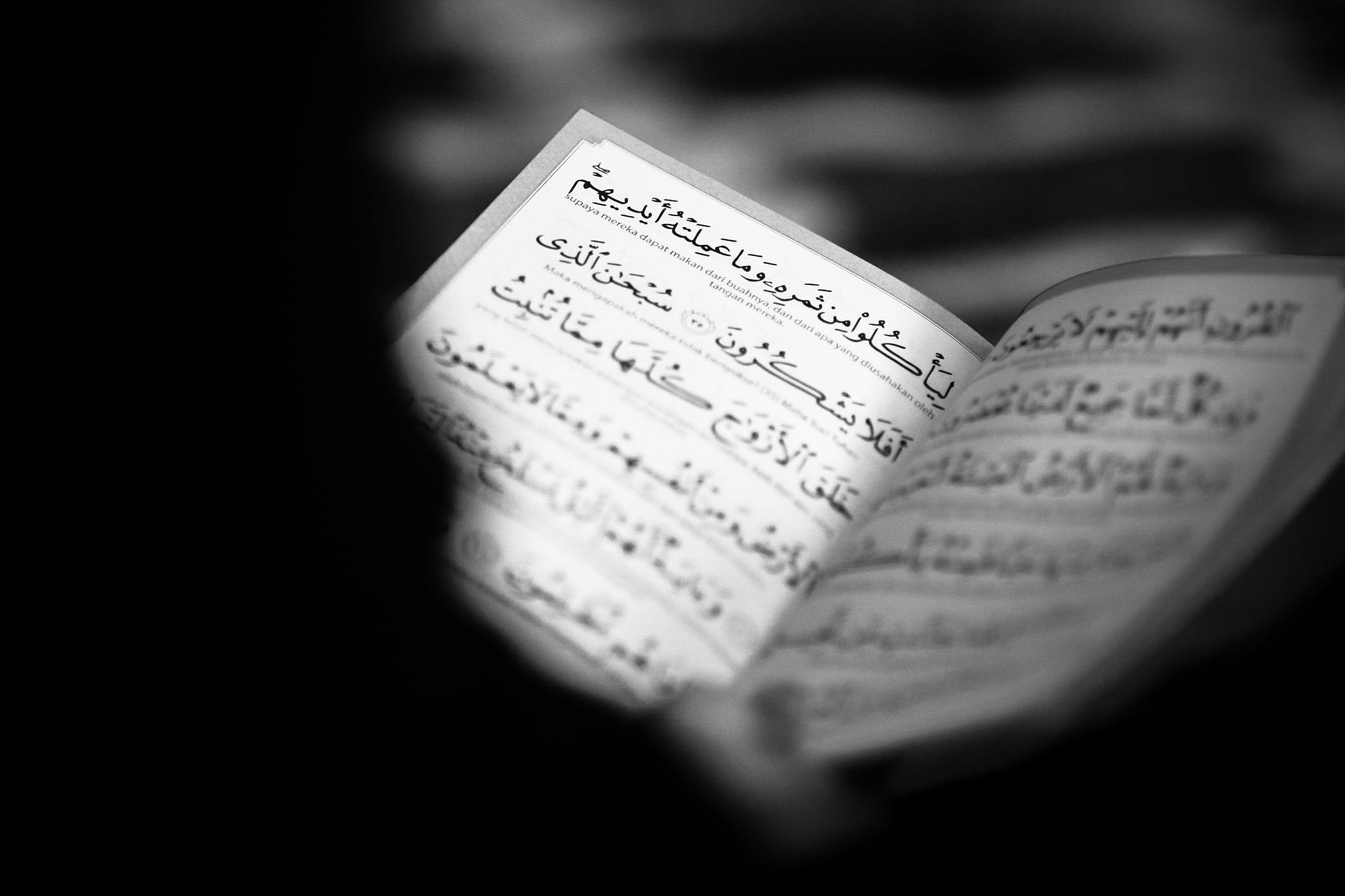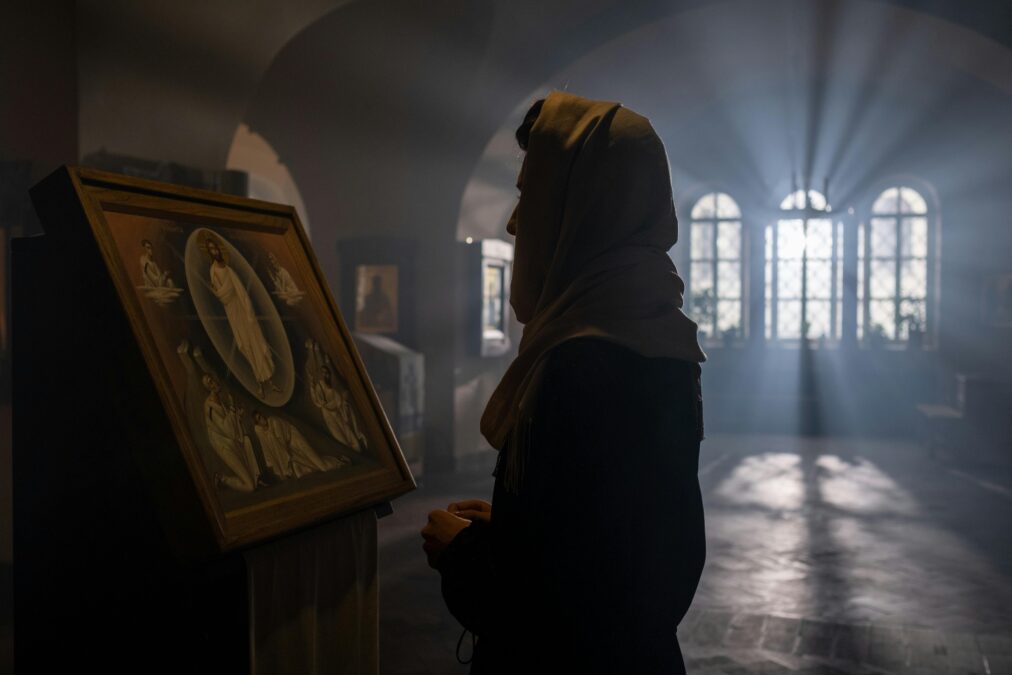Introduction
Prayer time is a sacred period dedicated to connecting with the Divine, reflecting on life, and seeking inner peace. Across cultures and religions, prayer is seen as a bridge between human beings and a higher power. Whether practiced in the stillness of dawn, the calm of evening, or at specific moments prescribed by faith traditions, prayer time provides a moment to pause from the rush of daily life and focus on spiritual well-being.
For millions around the world, prayer time is more than a ritual—it’s a source of guidance, strength, and emotional balance. This dedicated time fosters mindfulness, gratitude, and a deeper awareness of one’s purpose. In this article, we will explore the significance of prayer time, its benefits, how different faiths approach it, and tips to enhance the experience.
The Meaning of Prayer Time
Prayer time refers to a specific period set aside for spiritual communication and reflection. In some religions, such as Islam, prayer times are clearly defined throughout the day based on the position of the sun. In others, like Christianity, prayer may happen at designated hours or whenever an individual feels called to commune with God.
The essence of prayer time lies in intentionality—setting aside distractions and focusing solely on the act of connecting with the Divine. Whether through spoken words, silent meditation, chanting, or scripture reading, the purpose remains the same: to seek guidance, offer gratitude, and strengthen faith.

Importance of Prayer Time
Strengthens Faith and Spiritual Connection
Prayer time deepens one’s relationship with the Creator. Regular communication fosters trust, devotion, and a sense of belonging to something greater than oneself.
Encourages Discipline
By committing to prayer time at specific intervals, individuals cultivate discipline. This regular practice helps integrate spirituality into daily life.
Offers Mental Clarity
Prayer provides a moment of pause, allowing people to step back from stress and gain perspective on their challenges.
Promotes Gratitude and Positivity
During prayer time, people often reflect on blessings in their lives, fostering gratitude and a more positive outlook.
Builds Community
In many traditions, prayer time is communal, strengthening bonds among members of a faith group through shared spiritual experiences.
Prayer Time Across Different Faiths
Islam
In Islam, prayer time (Salat) occurs five times daily—Fajr, Dhuhr, Asr, Maghrib, and Isha—each tied to the sun’s position. This structure ensures that Muslims maintain a constant connection with Allah throughout the day.
Christianity
Prayer time in Christianity can vary. Some Christians follow structured hours of prayer (such as Matins, Lauds, and Vespers), while others pray spontaneously or during church services.
Judaism
Jewish tradition includes daily prayer services such as Shacharit (morning), Mincha (afternoon), and Ma’ariv (evening), often recited at set times.
Hinduism
Prayer time in Hinduism may involve morning and evening rituals, offerings, chanting, and meditation, often performed at home shrines or temples.
Buddhism
In Buddhism, prayer time is often focused on chanting, meditation, and reflection, practiced at sunrise, sunset, or other chosen times.
Benefits of Setting a Dedicated Prayer Time
Emotional Healing
Prayer has been linked to reduced anxiety and depression. Taking time to focus on spirituality can soothe emotional wounds.
Improved Focus
Regular prayer time helps train the mind to concentrate, which can improve productivity in other areas of life.
Stronger Morals and Values
Prayer time reinforces ethical principles, guiding individuals toward compassionate and righteous behavior.
Stress Reduction
The quiet moments of prayer can lower blood pressure, relax muscles, and bring a sense of peace.
Resilience in Difficult Times
Those who keep consistent prayer times often find strength to face hardships with courage and hope.
How to Enhance Your Prayer Time
Choose a Quiet Environment
A peaceful setting free from distractions allows for deeper concentration during prayer.
Follow a Routine
Establishing a consistent prayer time makes it a natural part of your day.
Prepare Mentally and Physically
Some traditions encourage washing hands or face before prayer to promote purity and focus.
Incorporate Reading or Meditation
Scripture reading, chanting, or silent meditation can enrich the prayer experience.
Limit Distractions
Silence electronic devices and inform family members of your prayer time to ensure uninterrupted focus.
Common Challenges and How to Overcome Them
Lack of Time: Start with short sessions and gradually increase duration.
Distractions: Create a dedicated prayer space to minimize interruptions.
Loss of Motivation: Join a prayer group or partner with a friend for encouragement.
Feeling Spiritually Disconnected: Focus on gratitude lists or read inspiring religious texts before prayer.
Frequently Asked Questions (FAQs)
Why is prayer time important?
Prayer time is important because it strengthens spiritual connection, provides emotional balance, and fosters gratitude.
How can I maintain a consistent prayer time?
Set reminders, link prayer to daily activities, and prioritize it as you would any important appointment.
Is there a best time for prayer?
It depends on personal preference and religious guidelines. Many find early morning or evening most peaceful.
Can prayer time be silent?
Yes. Silent reflection or meditation can be as powerful as spoken prayer.
Does prayer time have to follow a specific ritual? Not necessarily—rituals vary by religion, but the key is
sincerity and focus during the prayer time.
Conclusion
Prayer time is a sacred opportunity to nourish the soul, reflect on life, and strengthen one’s faith. Whether practiced at dawn, midday, or night, this dedicated time provides peace, guidance, and clarity. It unites communities, offers emotional healing, and reinforces values that shape a better life.
In an age of constant distractions, setting aside regular prayer time can be a powerful act of self-care and devotion. By honoring these moments, individuals not only connect with the Divine but also cultivate inner peace, resilience, and purpose that positively influence every aspect of life.
Also Read More: Philadelphia Flooding Causes, Impacts, and Long-Term Solutions for the City



